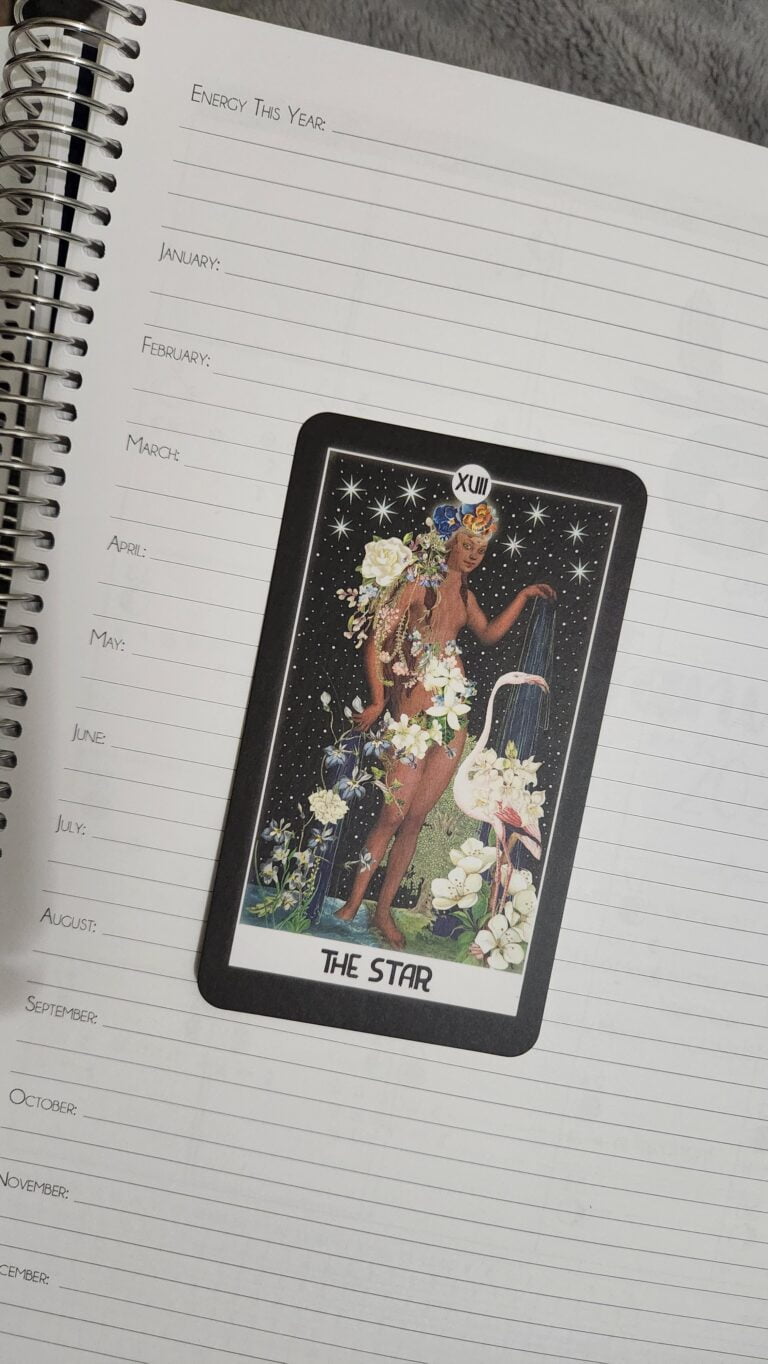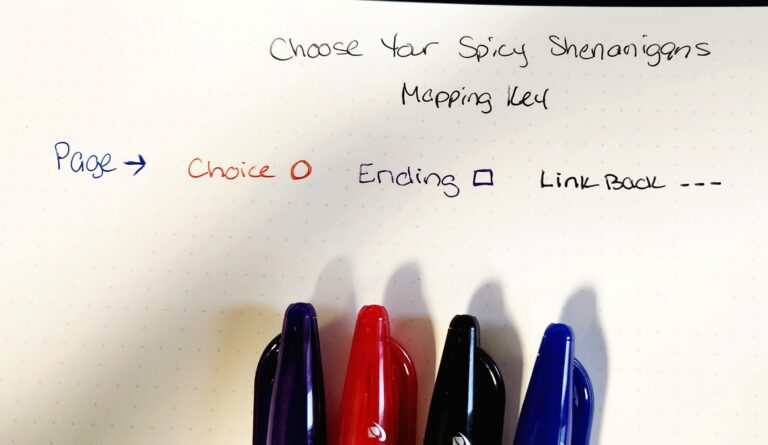What Dreams May Teach Us

Dreams are a gateway to another universe deep inside yourself. They allow you to answer questions that have been nagging you for weeks, be with people who don’t even notice you, or tell off your superiors from work when you’ve had enough. Dreams can enliven us or frighten us by becoming nightmares. They can also be a gold mine for ideas to use in your writing. Sometimes, you’ll find diamonds.
Take advantage of these precious gems and use them, embellish them, encourage yourself to dream when you go to bed. Not just to dream, but also to remember them. Then, write them down or dictate them (Evernote has dictation and audio recording abilities) so that you can utilize them to their fullest potential. Don’t stop there, though. Take time to go for a walk and let your mind wander into a daydream.
Daydreaming is a great way to work out plot issues, character personalities, and more. You can do this anywhere at any time (just not driving, or other dangerous activities, of course). Standing in line waiting? Best time to daydream, ever. If you’re having issues with a character, stick them in that line in your place. Would they cross their arms and tap their foot impatiently? Scrolling Twitter on their phone? Maybe chatting with a friend and arranging plans for later that night? These are ways to get to know your characters when you can’t sit down to write about them. Of course, you’ll want to take notes.
In between projects for a few minutes or waiting on an answer at work? What would the character do? Make a personal call or send texts? Scroll Facebook? Listen to the words and phrases that come out of the mouths of your coworkers. It’s like hitting oil during the boom. Some of the things that come out of their mouths may annoy or entertain you, but what about your characters? Would they chime in or scoff at everything?
And don’t worry, as long as you take notes, weaving these little things into your story shouldn’t be too difficult and can always be revised. It’s those little things, like being annoyed at someone slurping their coffee or snapping their gum, that will make your characters become realistic. Give them pet peeves and give them flaws. Do they always have to have the last word? Be right? Get huffy if proven incorrect? Give them flaws that may annoy people but perhaps they learn from as well later on in the story. Perhaps an impatient character learns to enjoy the sweet sensation of sitting on a beach, watching the waves roll in. Someone that has a shattered heart may learn to trust and eventually love again.
One of my favorite quotes about how to write is about chasing your protagonist up a tree and then throwing rocks at them. You don’t help them, you make it harder for them to get out until they’re falling and then, perhaps they get a parachute, but does it open or does it fail?
If you’re not the type to outline beforehand, that’s fine, neither am I. I write down a bare bones rough draft. A conversation, a setting, some feelings. Once I get to the end of the rough draft, then I go through and add a layer of, no, not flesh, but muscle and ligaments, organs, fat, and then flesh. This would be over a period of time, several revisions later. What do you do when you get blocked?
You write something else. Anything else. You could write about your day, your feelings, your thoughts. Write down whatever travels through your mind. Daydream while walking in the park. (Yes, I do keep going back to that and here in a moment I’ll be going to the park with my laptop to write.)
Some people use writing prompts to get them by. While I don’t have issues with writing prompts, they irritate me more than anything. Especially if they don’t make any sense at all, such as from a random generator. Don’t get me wrong, though. Writing prompts may trigger your muse to wake up and say HEY! so take time and listen.






